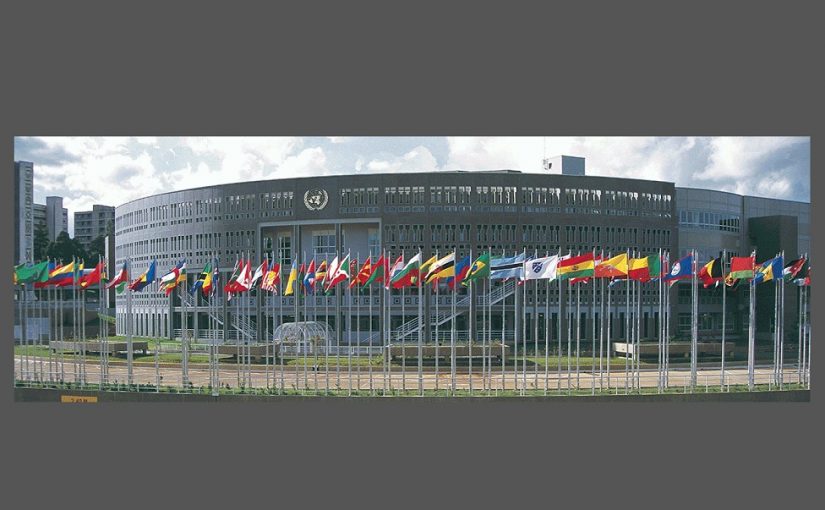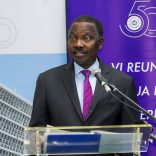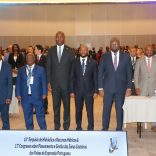Mozambique: World Bank to disburse further 50 million dollars for Maputo Urban Project
UNECA expects more African countries to restructure debt this year

FILE - Illustrative photo . [File photo: UNECA]
The executive secretary of UNECA (the United Nations Economic Commission for Africa), António Pedro, thinks that “four or five more African countries” could join the G20 mechanism for restructuring their public debt – the G20 Common Framework for Debt Treatment.
“It can be said that there are four or five countries out there that are certainly at risk of falling into the debt trap,” Pedro said in an interview with financial news agency Bloomberg. He declined to name the countries likely to follow Zambia, Chad, Ethiopia and Ghana and submit a formal proposal for public debt restructuring under the G20 Common Framework.
With interest rates of around 10%, a rate at which it is generally considered that the debt is unsustainable and restructuring inevitable, the countries that could be on that list, calculated from the percentage of interest that investors demand to transact debt from these African countries, include Mozambique, Tunisia, Nigeria and Egypt.
Chad was the first country to trigger the instrument, created in April, 2021, in the midst of a pandemic when the International Monetary Fund (IMF) and the G20 created the Debt Service Suspension Initiative (DSSI), which allowed the deferring of interest payments until the end of last year to give budgetary space to combat the Covid-19 pandemic.
After Zambia became the first African country to fall into financial default due to the consequences of the pandemic, Chad reached agreement to restructure the debt under the Common Framework and DSSI in 2021, while Ethiopia and Zambia are in the process of negotiating with creditors, and Ghana has announced that it also intends to join the plan.
“The increase in interest rates and the appreciation of the US dollar will probably oblige more countries to join,” Pedro said. As a significant part of these countries’ debt is denominated in US dollars, appreciation automatically makes debt more expensive, as revenues are raised in local currency.
Among the measures presented by António Pedro to try to relaunch African economies and avoid a full-scale debt crisis is the development of a mechanism that allows sharing the burden between official and private creditors; the expansion of creditor committees to include creditors from the outset; expanding the framework to cover middle-income countries and not just the poorest; and extending the timeframe for nations to take advantage of this mechanism.
Using the framework has been viewed with scepticism by indebted African countries because the mechanism involves renegotiating payment terms and amounts, which automatically triggers re-rating by financial rating agencies, making it more difficult to access financing in international markets.












Leave a Reply
Be the First to Comment!
You must be logged in to post a comment.
You must be logged in to post a comment.